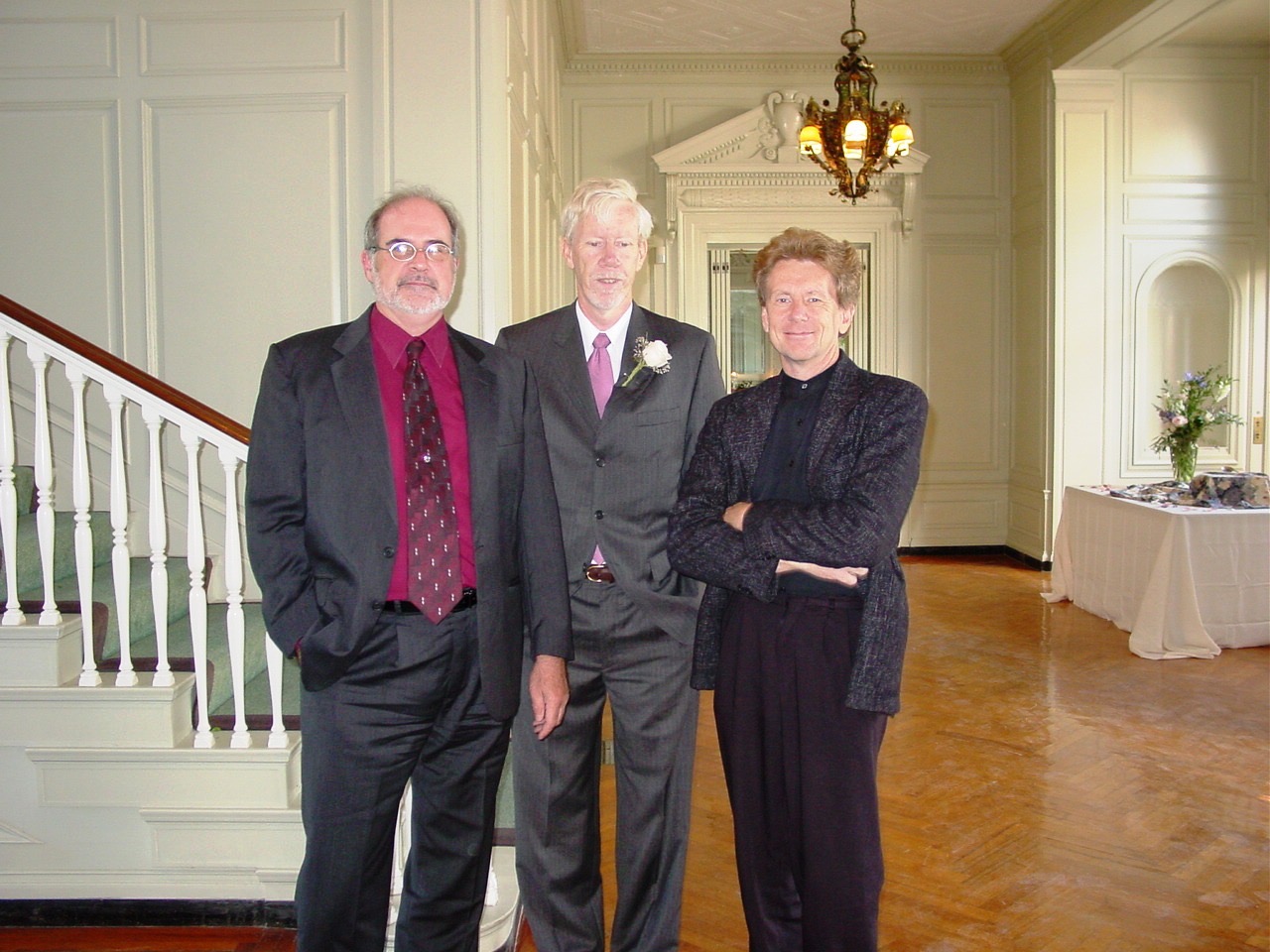Welcome to the Wakefield Doctrine (the theory of clarks, scotts and rogers)
This is the Doctrine’s contribution to the Ten Things of Thankful (TToT) bloghop. Established in 1865 by a clark in the Scottish Highlands village of Achurtoes, nestled in the foothills of the Cairgorms Mountains of Scottland(lol). This area is famous for being the home of the precursor to a Downeast saying*, the locals would say, “You don’t have to stay but you need to leave all tha bóidheach example of Morion quartz where you found it.”
(Surely one of the best things about the internet is the amount of knowledge and information so readily available. I know a writer that, if we’ve totally piqued your curiosity about this land of funny place-names and a language that, were not most inhabitants one might encounter prone to… robust argument, lol, you could go ask him. C.E. Ayr wrote a novel that is way geography-intense, which, for me is always fun, to have a story that roams a real world geography. Totally worth the buy ‘n read.
So for the people, places and things that we identify as inspiring a feeling (or, given we’re a clark, making the idea very clear) of gratitude for this week:
1) Una
2) Phyllis
3) the Wakefield Doctrine
4) the blogosphere. (like the biggest used-bookstore where your friends hang out at all times of the day)
5) speaking of the ‘sphere, besides this one, we participate in two other bloghops: Six Sentence Story and the Unicorn Challenge
6) Mimi (plus! I went to her Six Sentence Story a little late but got to read one of her weekly features dealing with humor)
7) Kristi (who I saw post a TToT … running behind but will totally get over there)
8) something, something
9) the concept that one can self-develop oneself to any degree one has the willingness (and imagination) to reach for and practice in gratitude is totally a helpful approach to changing our perspective on the world around us and the people who make it up.
10) Secret Rule 1.3
* “you can’t get there from here”
*
*
*








